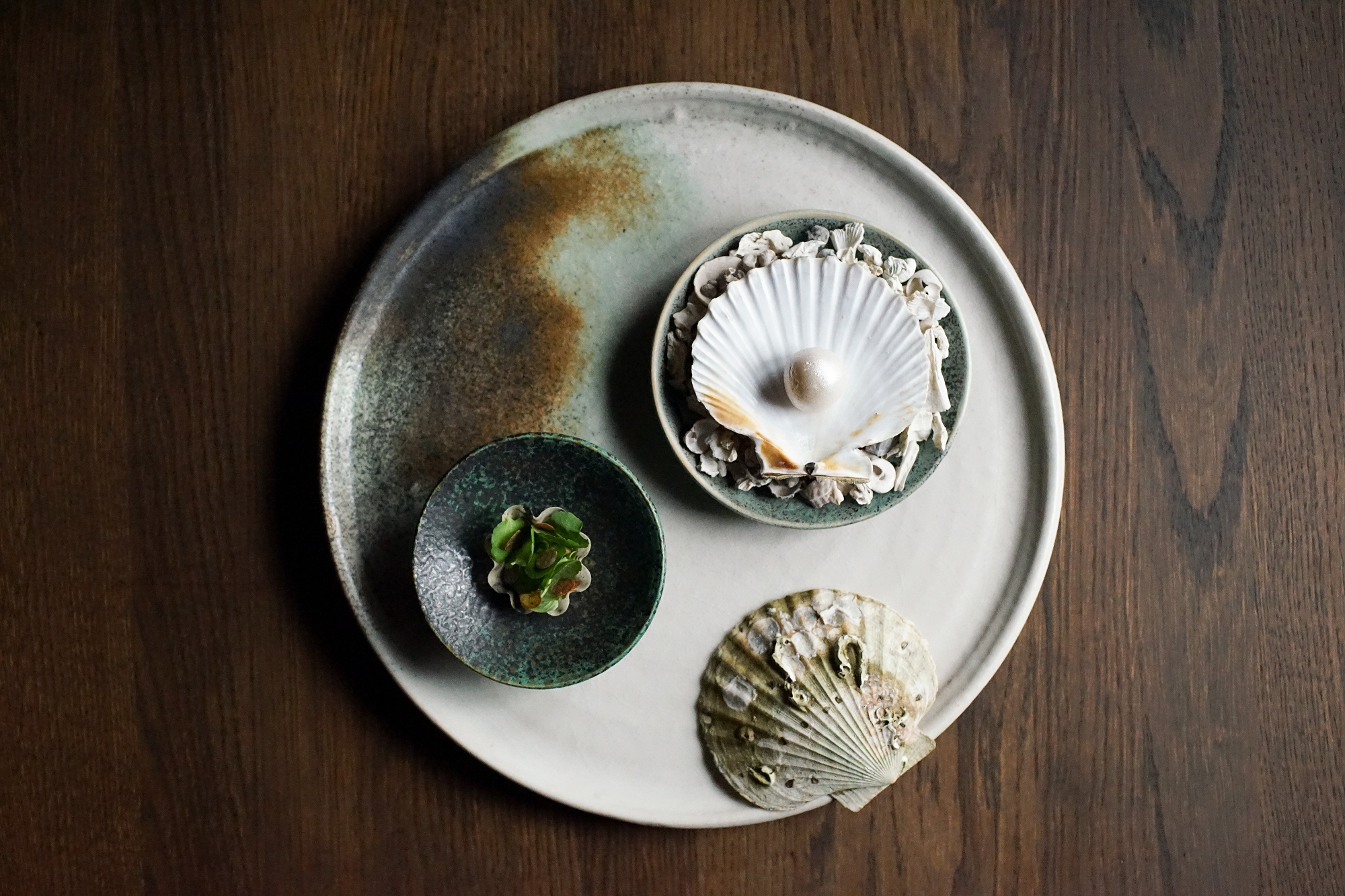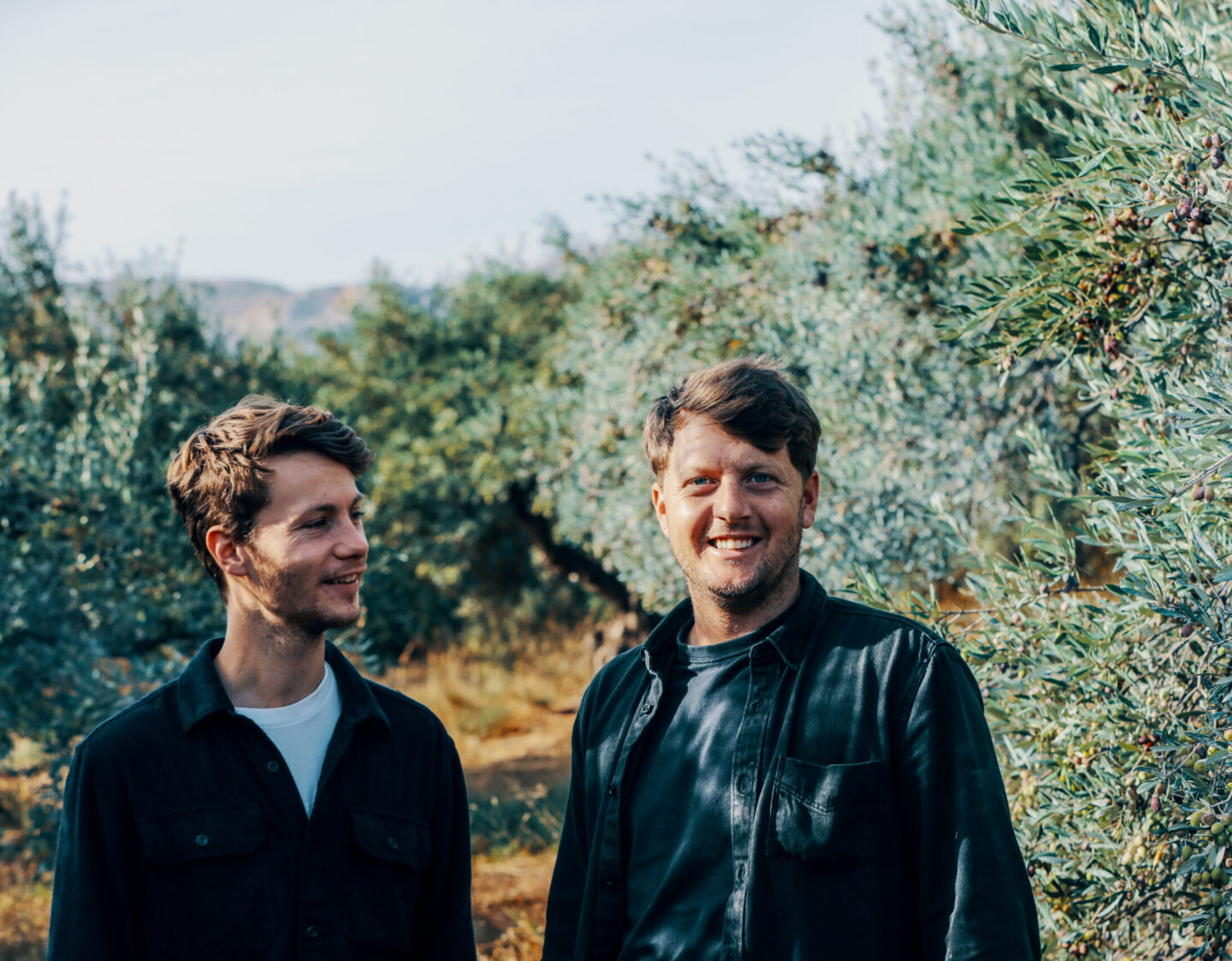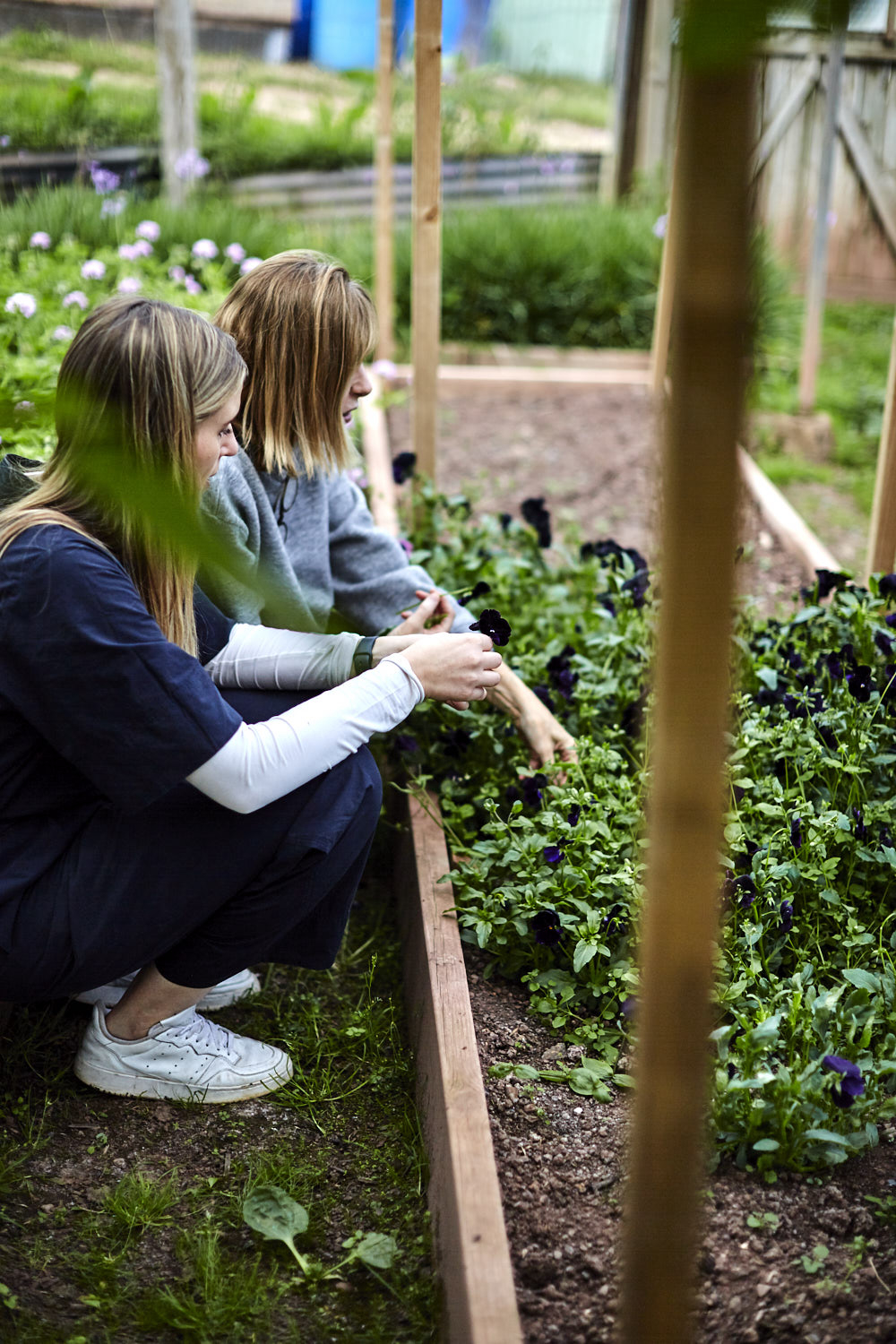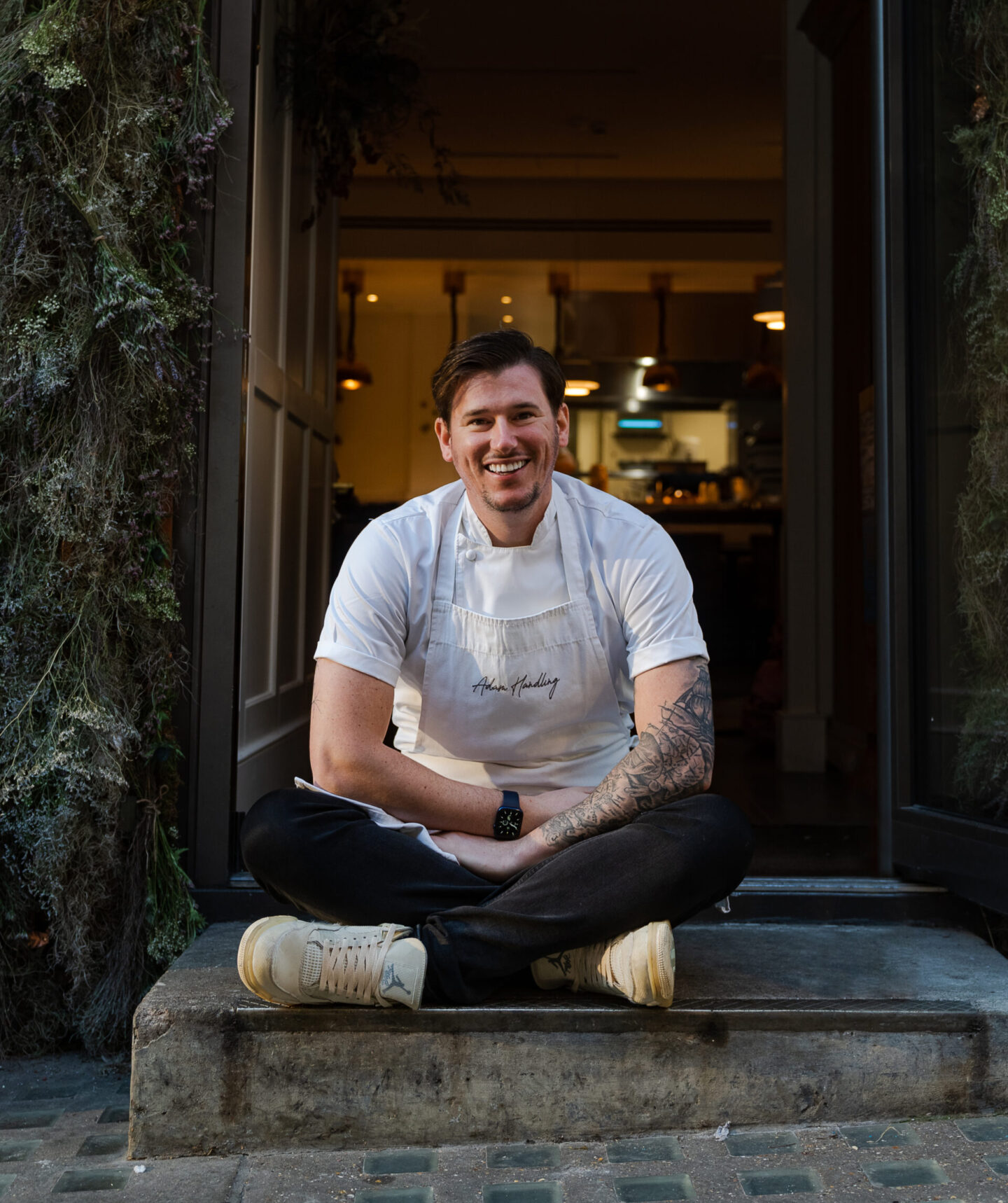We picked suppliers who deliver the best products in terms of both quality and sustainability.
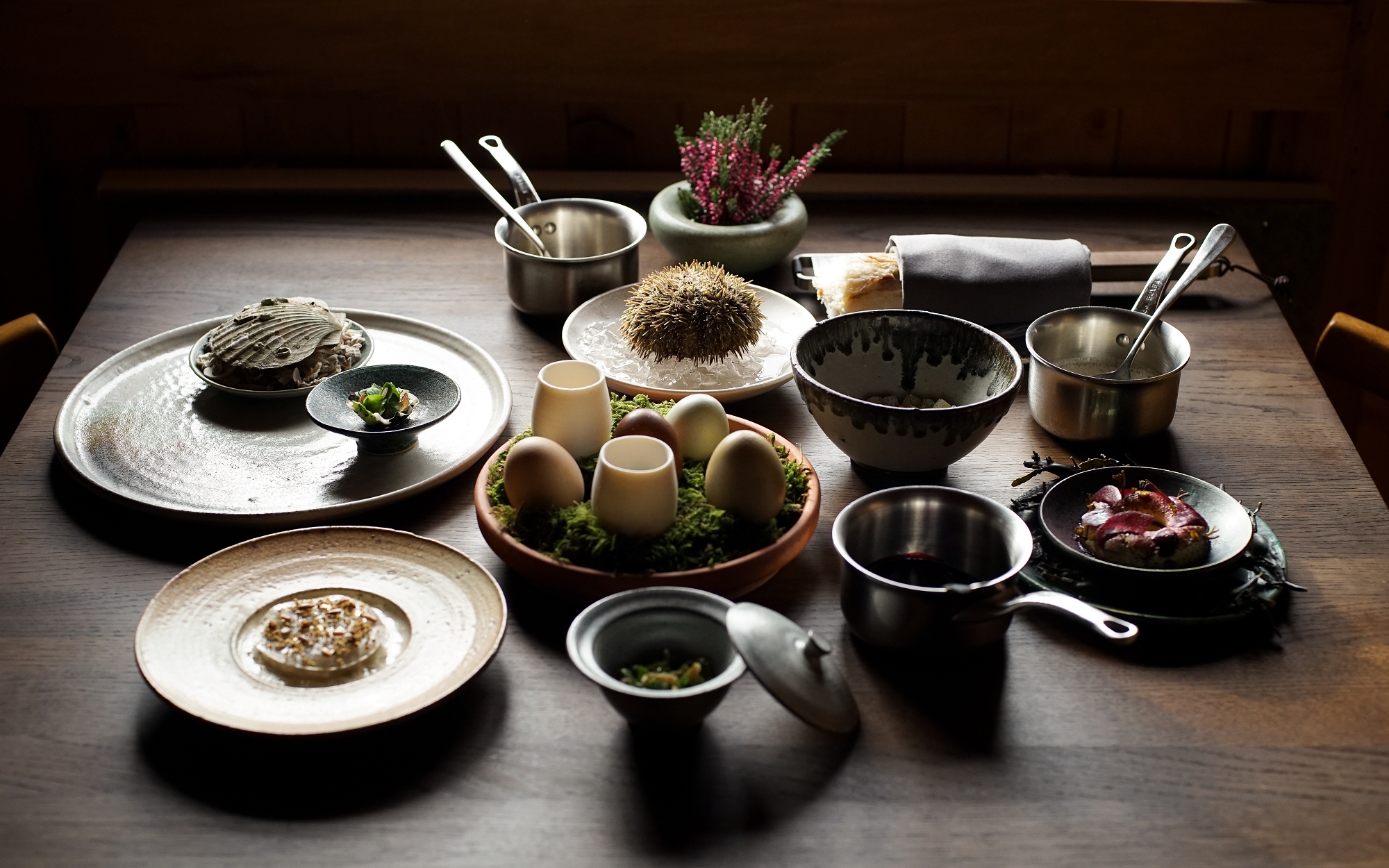
Koks, Faraoe Island
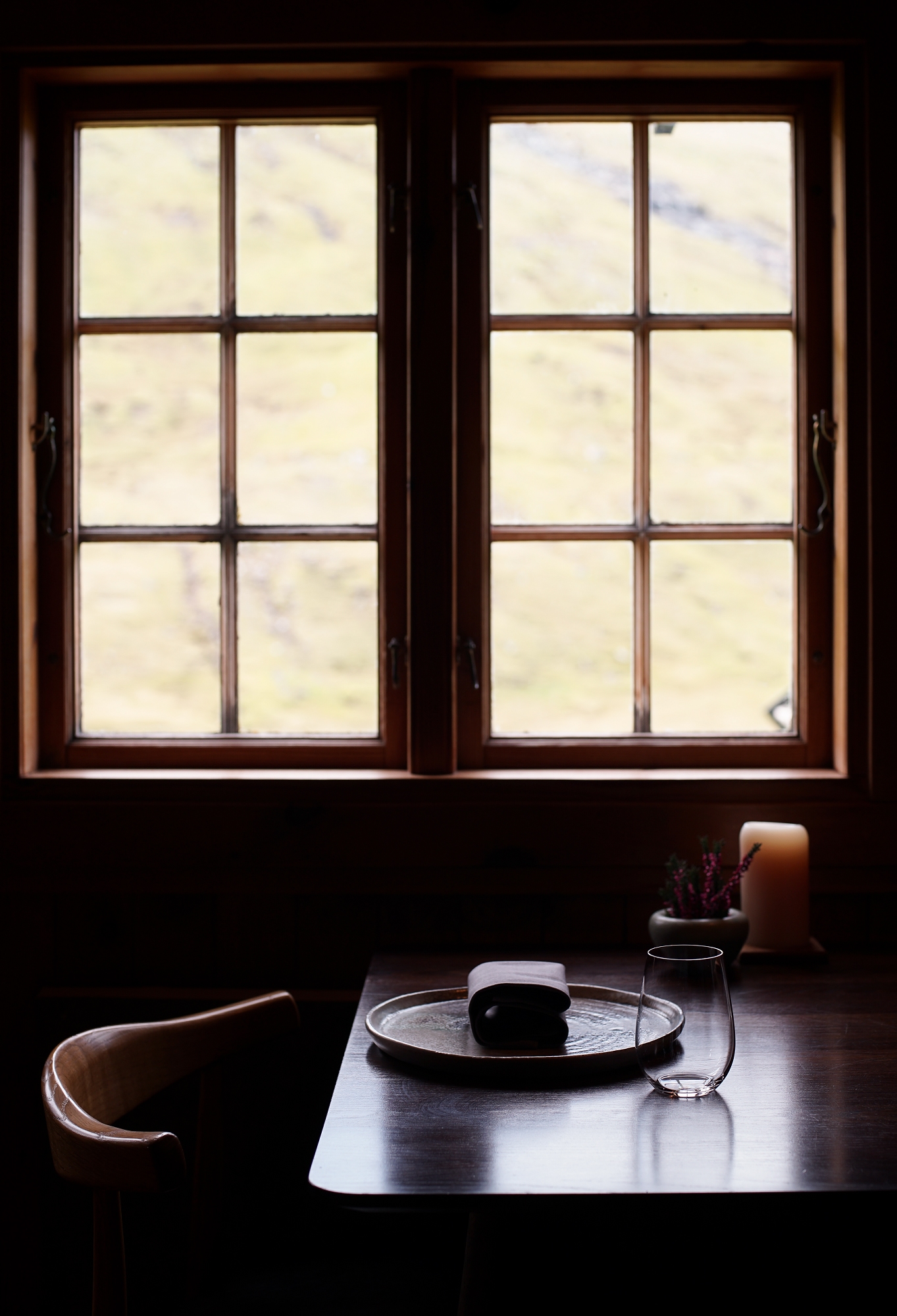
How much of the menu is organic produce (average per year)?
Most of the produce we use (70-90%) are from the Faroe Islands. There are no organic certifications, like Demeter or similar, available for products from the Faroe Islands. KOKS is self-sufficient in many ways. We pick natural wild herbs and seaweed. We also plant herbs in our own greenhouse and keep our own chicken family for eggs. Other products are delivered by local suppliers. We picked suppliers who deliver the best products in terms of both quality and sustainability. Our fish is all line-caught. Our shellfish is hand-dived. All the lambs in the Faroe Islands live their whole life wild on the Faroese Mountains. Wildfowl are caught seasonally by net. The products we have to import to the Faroe Islands, like lemons and flour, are certified organic. So, even if we do not use many certified products in our kitchen, we are convinced that it is naturally produced and without chemicals.
Does your staff undergo sustainability education? If so, how often?
Once a week we have our KOKS School, which is one hour of education on a particular topic. The topics are mostly related to the beverages served at KOKS (Wine, Spirit, Tea andCoffee). Some of the topics are related to Faroese products and producers, with different speakers visiting us. Some examples:
• Sustainable Seaweed harvest by macroalgae biologist AgnesMols Mortensen.
• Whale driving in the Faroe Islands by the teacher and whale hunter Jens Mortan Rasmussen.
• Natural, organic, and biodynamic wine school by Pontus Elefsson
How do you work with food waste? Do you have guidelines and goals in regards to waste?
At KOKS we have implemented a new Bokashi compost system, where leftovers from the kitchen are turned into soil for our greenhouse. We also use kitchen leftovers to feed our chicken family.
